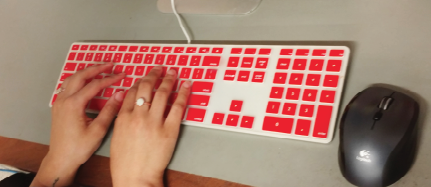
By Ryan Cahill
Staff Writer
Recently there has been a public outcry over the way Facebook’s data has been leaked from an online survey in 2015.
In what was supposed to be a ‘pure’ academic survey, the company who made the survey, Kogan, sold the information to a conservative firm Cambridge Analytica which worked with Donald Trump’s and Ted Cruz’s campaign.
It is estimated that 87 million users have had their data sold to Cambridge Analytica.
The public outcry has been so severe, that Mark Zuckerberg had to testify before Congress.
While it seems that not much will change for Facebook, there has been a public backlash against the social media giant.
The scandal has led to a trending “#DeleteFacebook” movement on Twitter.
The company itself is perhaps at its most vulnerable since becoming a cultural phenomenon.
Unfortunately, this will probably be just the first breach from a major social media site.
Every time you appear online, some sort of software or company is tracking what you do.
For example, if you sign into Facebook or Twitter and browse other sites, then the social media sites track where and what you are looking at.
These companies retain the data.
Some hold onto it for their own website, while some others will sell it to whomever they want.
That data is sitting in the data banks of potentially thousands of organizations, and it only takes one hacker to leak the data.
Lately it has been clear that one of websites new sources of revenue have been its users.
This data is used to direct ads that may be more appealing to you as you browse the web.
Ad companies and social media sites are organizing the information they collect, and they try to promote products that you are likely more attributed to.
Even apps are guilty of collecting information.
When an app tells you that they require access to your location, photos and contacts, they are collecting that information for their own purposes, which usually results in them selling your information.
With growing fear of identity theft and outside influences affecting our democracy, everyone should be vigilant of their online presence.
The easiest way to keep yourself safe is to limit your media platforms.
This is easier said than done since everyone is connected through social media.
Yet, even getting rid of one platform would decrease the data collected on you immensely.
Another way to keep yourself safe is to read the end user license agreements on apps and software that you download.
Hidden in the wall of text that comes with apps will usually tell the user what they plan to do with the data they collect.
Reading the agreement can help put your mid at ease and get rid of risky programs running on your phones and computers.
This will not delete your presence entirely, but it can keep you safe.
Who knows when the next hack or breach will happen?
The only thing we know is that it is when, not if.
Email Ryan at:
rcahill1@live.esu.edu

